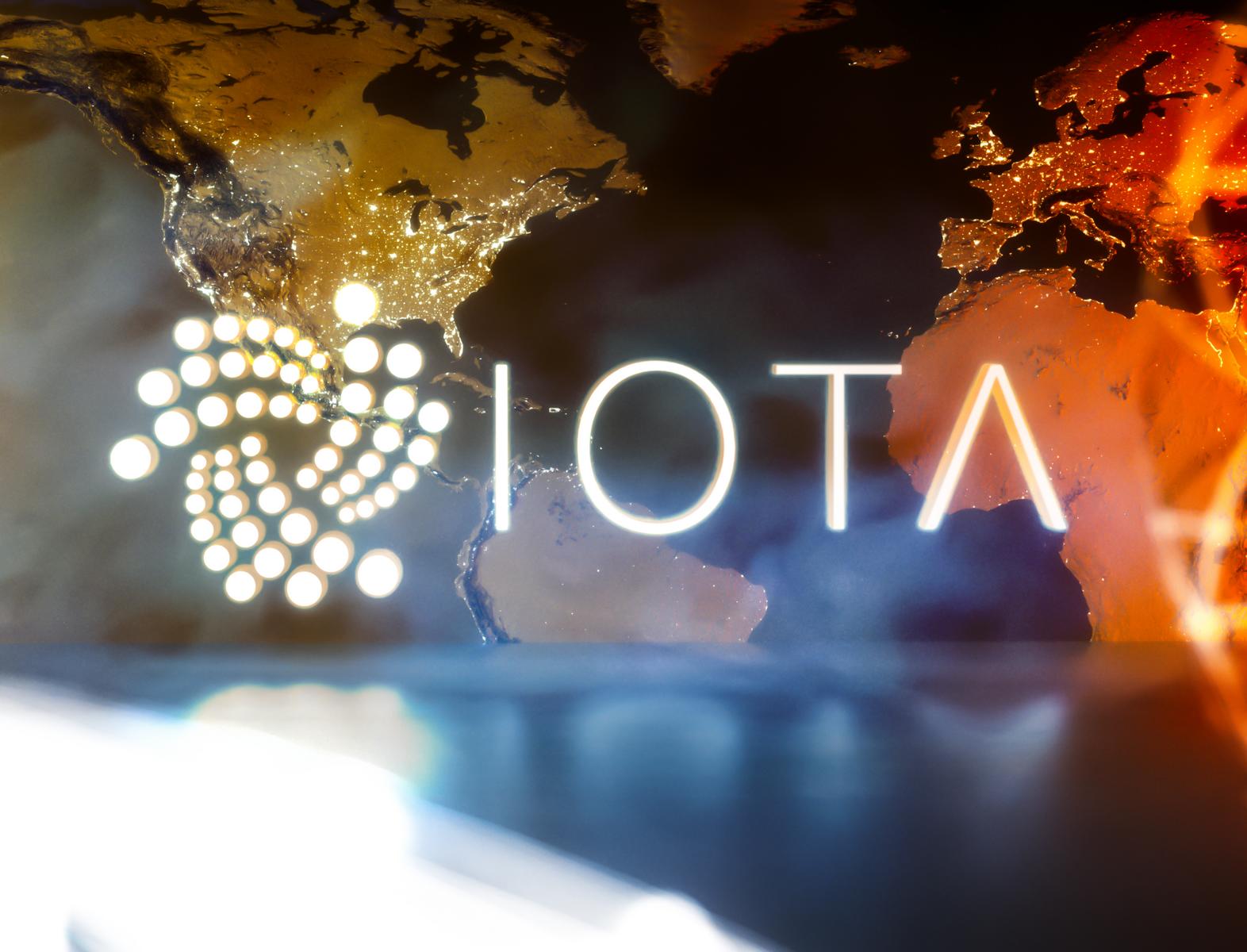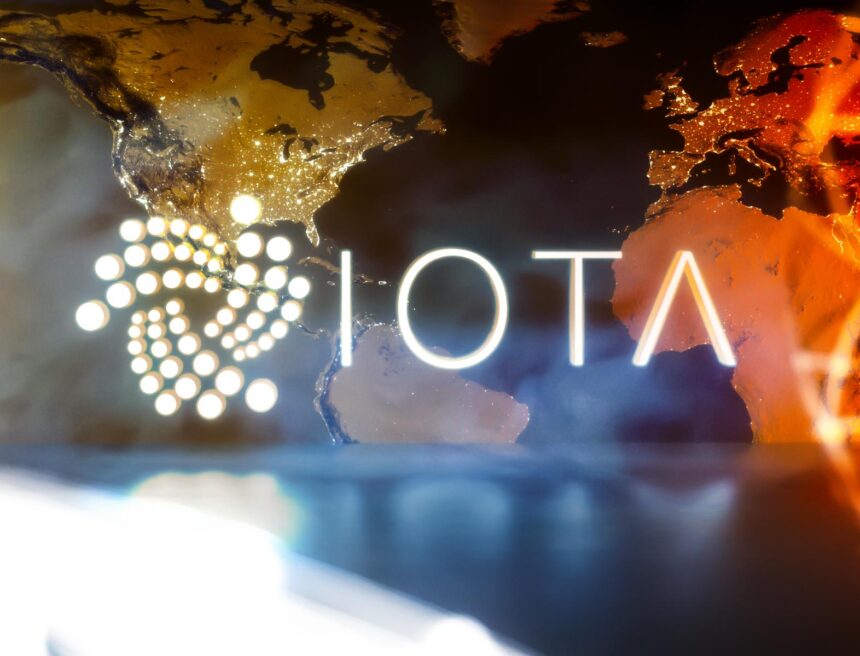
- The Trade and Logistics Information Pipeline, established in 2020 by the IOTA Foundation, is rapidly gaining adoption across Africa by trade giants and government entities.
- TLIP has been integrated by the World Customs Organization and the Africa Trade Development Forum to enhance risk management and identify supply chain vulnerabilities.
The world of digital trade is evolving rapidly, and Africa is no exception. IOTA, an open-source distributed ledger technology (DLT) platform, has become a key player in the Web3 applications and digital economies of Africa. IOTA’s Trade Logistics Info Pipeline (TLIP) is a collaborative effort between the World Economic Forum (WEF), Trademark Africa, the Tony Blair Institute for Global Change, and the Institute of Export and International Trade.
Since its inception, TLIP has played a significant role in transforming the African trade landscape, drawing from the experiences of its implementation in countries like Kenya and the UK.
Growing Adoption of TLIP in Africa
TLIP is gaining traction across Africa, with several trade giants and governmental bodies joining the movement. In an X post, Web3Alert pointed out Key organizations that are now involved in the initiative. This includes the Africa Customs & Trade, the World Customs Organization, the Rwandan Ministry of Trade & Industry, and the Kenya Ports Authority. The involvement of these influential players signals that digital trade is gaining substantial momentum and reshaping Africa’s trade infrastructure.
As we reported, the successful integration of Kenya’s KenTrade node into full operation, along with the onboarding of the Kenya Revenue Authority (KRA) and the Kenya Trade Network Agency onto TLIP, marks a significant achievement. Previously, unreliable payment systems hindered the full potential of digital trade in Africa. However, with the rise of tech startups and innovation centers, particularly in major cities like Nairobi, Lagos, and Cape Town, Africa is witnessing a transformation.
IOTA has evolved far beyond its original role as a cryptocurrency. The platform has now positioned itself as a network focused on the tokenization of trade assets and data scaling. This is evident through IOTA’s global collaborations, such as its work in the UAE. There, IOTA’s digital trade solutions have received Shari’a compliance certification from the Cambridge Institute of Islamic Finance, ensuring the platform meets all Shari’a principles and standards.
The network’s reach extends to Europe as well, with its involvement in the EU’s Digital ID pilots, which are now entering the Proof of Concept phase. The EU Digital Identity Framework Regulation mandates that all Member States offer at least one EU Digital Identity Wallet to citizens and residents by 2026. This regulatory framework is crucial for the future development of European digital identities.
TLIP’s appeal lies in its use of distributed ledger technology (DLT) to create a secure, tamper-proof network for sharing trade information. It ensures the authenticity of digital certificates and provides distributed controls, enabling trade actors to manage their data effectively. TLIP also helps reduce time and costs in international trade while minimizing the risks associated with fraudulent physical documents.
It offers a single source of truth for key trade documents and aids in identifying points of failure within the supply chain, improving overall efficiency in global trade processes. As of now, IOTA is trading at $0.2302, with a marginal increase in price over the past day, bringing its total market cap to $832 million.






